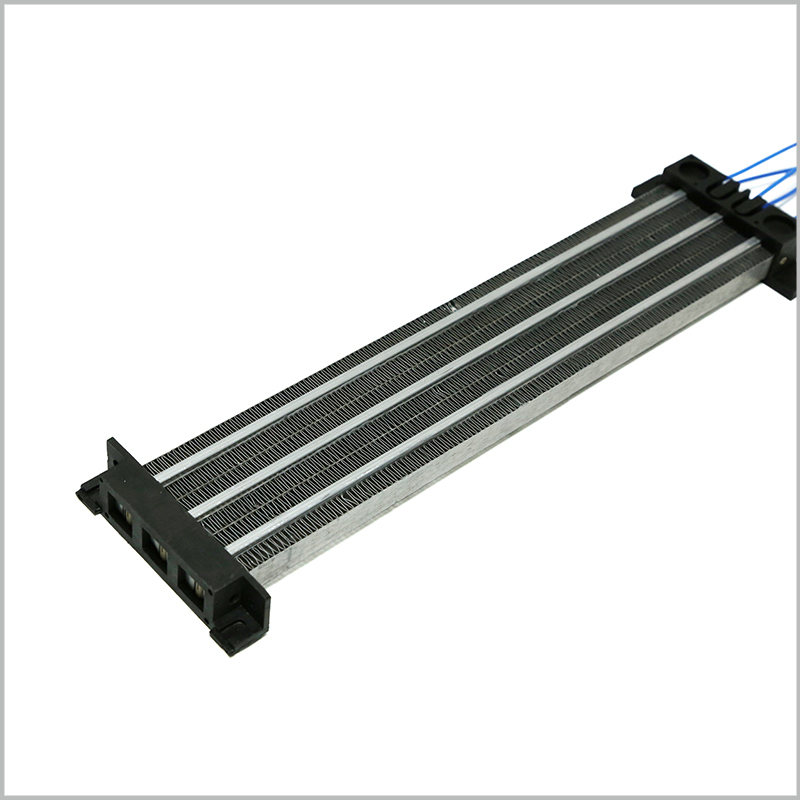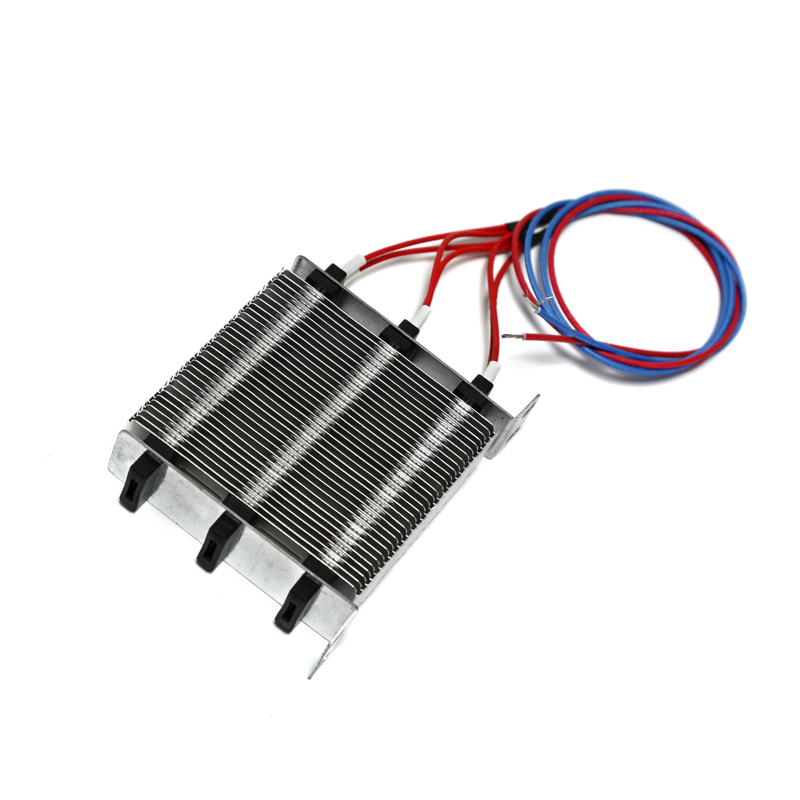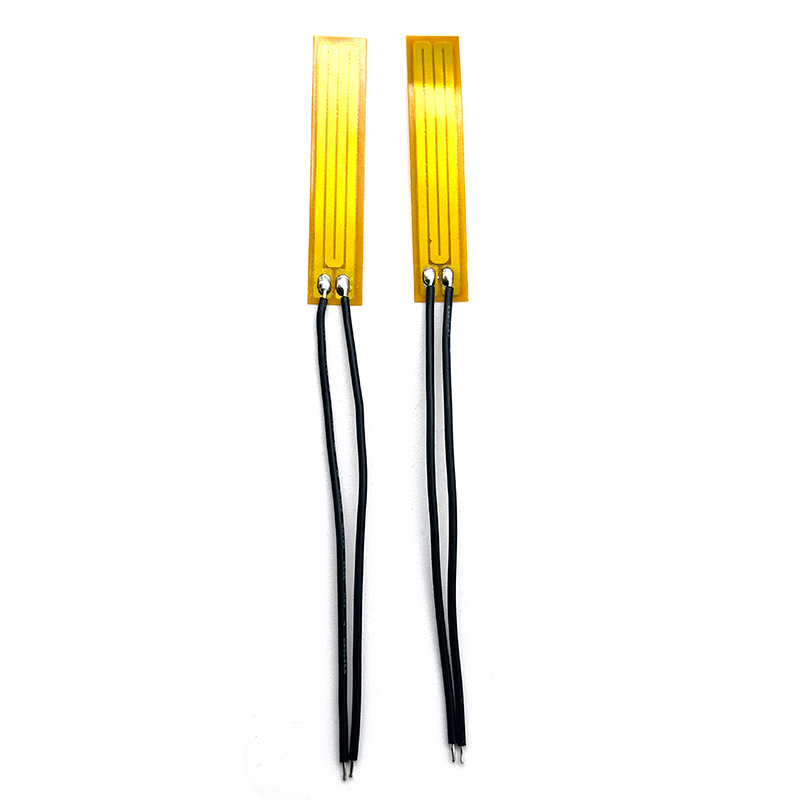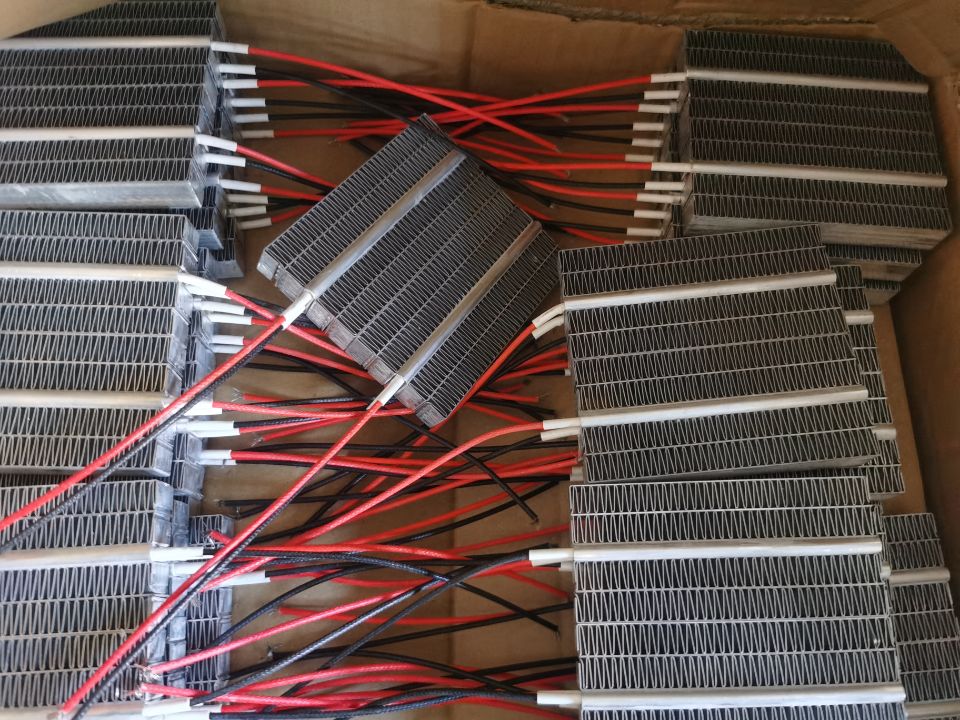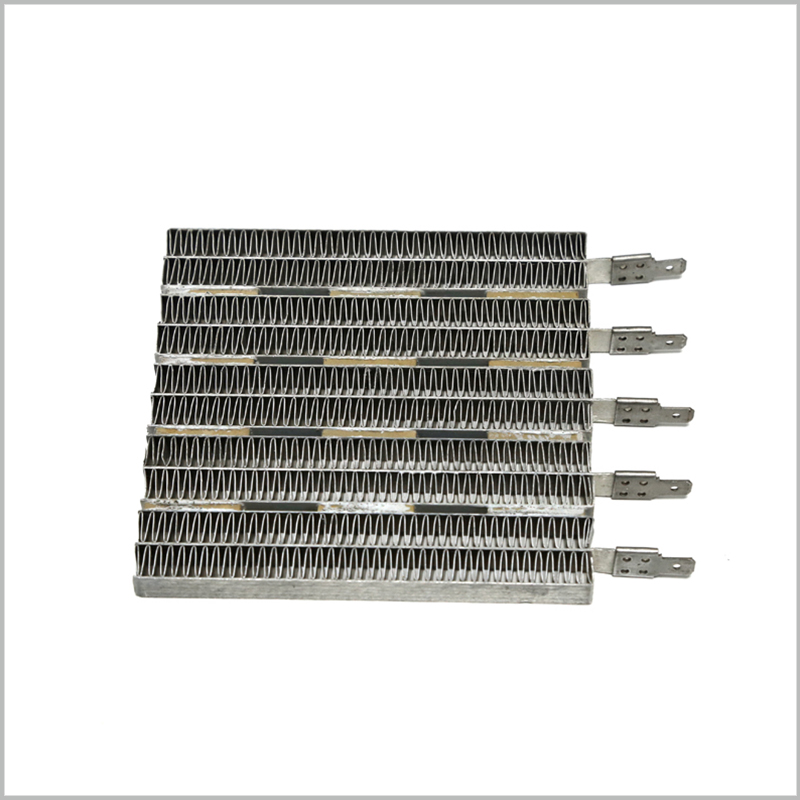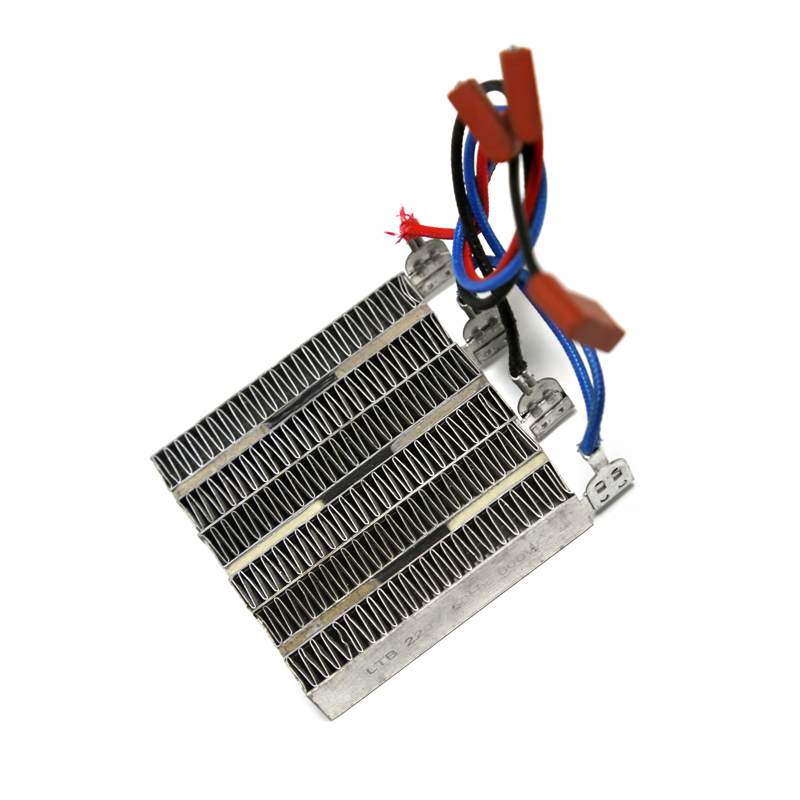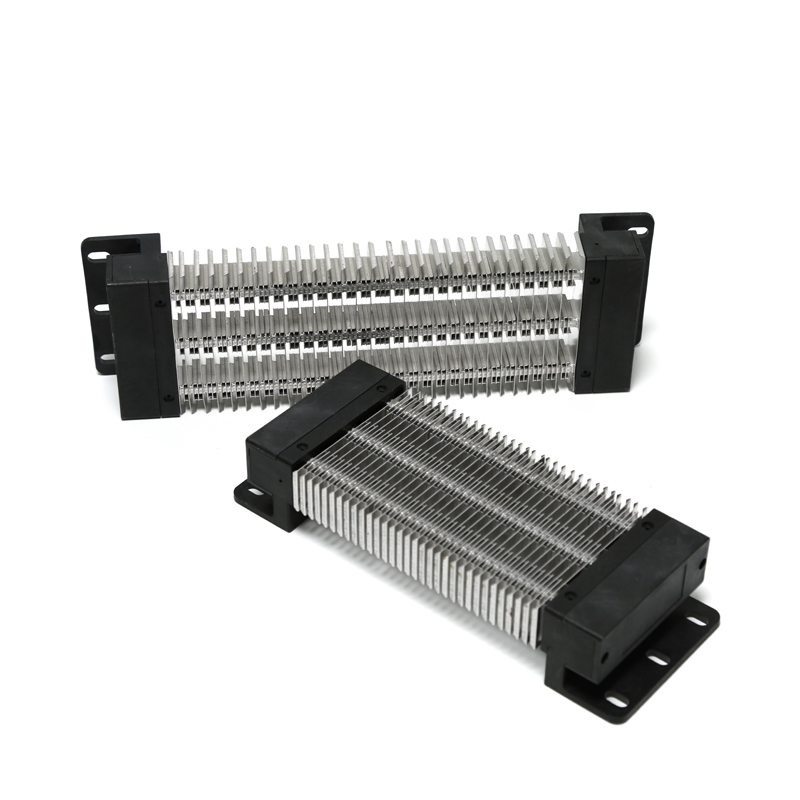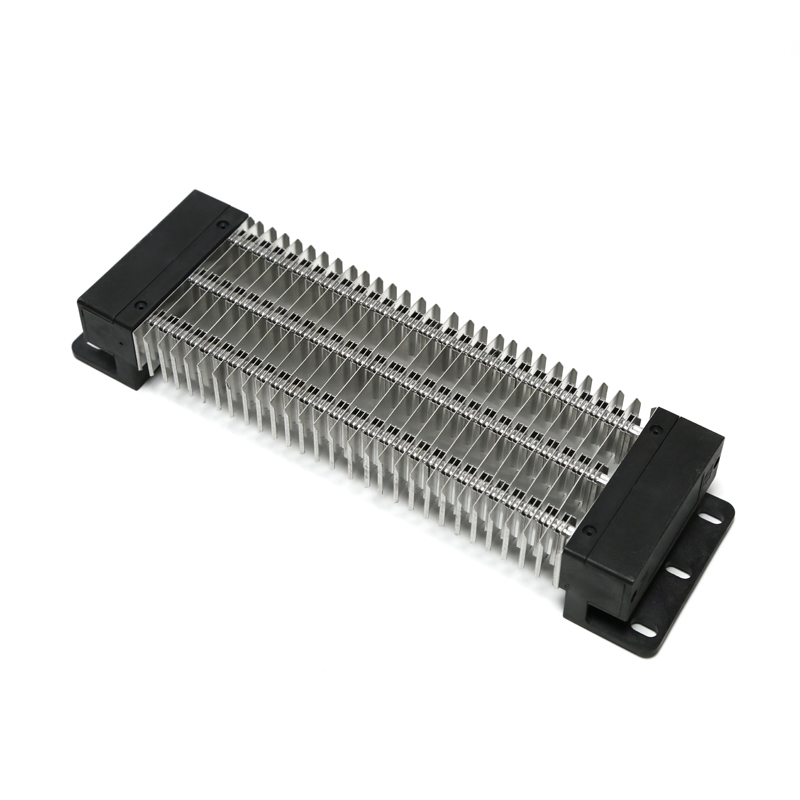In the world of electronics, the moment you flip the switch can be the most dangerous. When a device powered by a switching power supply, motor, or transformer first turns on, it can draw a massive, instantaneous surge of current known as inrush current. This spike, often 10 to 100 times the normal operating current, can weld relay contacts, trip breakers, and permanently damage expensive components.
Fortunately, there's a simple, robust, and cost-effective solution: the MF72 Power NTC Thermistor.
What is the MF72 Power NTC Thermistor?
The MF72 is a type of Negative Temperature Coefficient (NTC) thermistor specifically designed to handle high power. Like all NTC thermistors, its resistance decreases as its temperature increases. The MF72 is engineered to leverage this property for one primary purpose: inrush current limiting.
How Does the MF72 Tame the Surge?
The operation of the MF72 is elegantly simple:
-
Cold State (At Startup): When your device is off, the MF72 is at room temperature and has a high resistance (typically ranging from 1 to 50 ohms, depending on the model). When power is first applied, this high resistance acts as a barrier, dramatically limiting the inrush current flowing into the circuit.
-
Heating Up: As a small "keep-alive" current passes through the MF72, it begins to self-heate due to its own power dissipation (I²R heating).
-
Hot State (Steady State): Within a few seconds, the MF72 heats up, and its resistance drops to a very low value (a fraction of an ohm). This low resistance allows the normal operating current to flow through it with minimal voltage drop or power loss, effectively getting "out of the way" of the circuit.
In essence, the MF72 is a self-admitting resistor: it starts as a high-resistance "gatekeeper" and transforms into a low-resistance "wire" once the danger has passed.
Key Applications of the MF72 Thermistor
You will find MF72 thermistors safeguarding a wide array of equipment:
-
Switch-Mode Power Supplies (SMPS): The most common application. It protects the input rectifiers and bulk capacitors from inrush current at plug-in.
-
AC/DC Converters & Adapters: Prevents arcing in switches and extends the life of the internal components.
-
Motor Drives: Limits the initial magnetizing inrush current into motors and transformers.
-
Industrial Controls: Used in PLCs, CNC machines, and other heavy machinery to ensure reliable startup.
-
Audio Amplifiers: Protects the large power supply capacitors from stress during power-on.
-
LED Lighting Drivers: Prevents current spikes in high-power LED arrays.
Advantages of Using the MF72
-
Simplicity: A passive, two-terminal component that requires no external control circuitry.
-
Cost-Effectiveness: An extremely inexpensive insurance policy for your valuable electronics.
-
High Reliability: Solid construction with no moving parts to wear out.
-
Effectiveness: Excellently soft-starts a circuit, reducing electromagnetic interference (EMI) at startup.
Important Considerations and Limitations
While highly effective, the MF72 has specific operational constraints:
-
Cool-Down Time: After being powered down, the MF72 needs time to cool down and return to its high-resistance state. If power is reapplied too quickly, it will still be in a low-resistance state and cannot limit the inrush current. This makes it unsuitable for equipment that requires rapid cycling (on/off).
-
Power Dissipation: Even in its low-resistance state, it still dissipates a small amount of power as heat, which can slightly reduce overall efficiency.
-
Ambient Temperature: Its initial resistance is dependent on ambient temperature, which can affect the precise level of inrush current limiting in extreme environments.
Conclusion: An Essential Protector
The MF72 power NTC thermistor is a classic example of a simple, elegant solution to a pervasive problem in electronic design. By understanding its "high-resistance to low-resistance" behavior, engineers can effectively protect their power supplies, motors, and other critical components from the destructive forces of inrush current. For the vast majority of applications, the MF72 remains the most practical and economical first line of defense.


